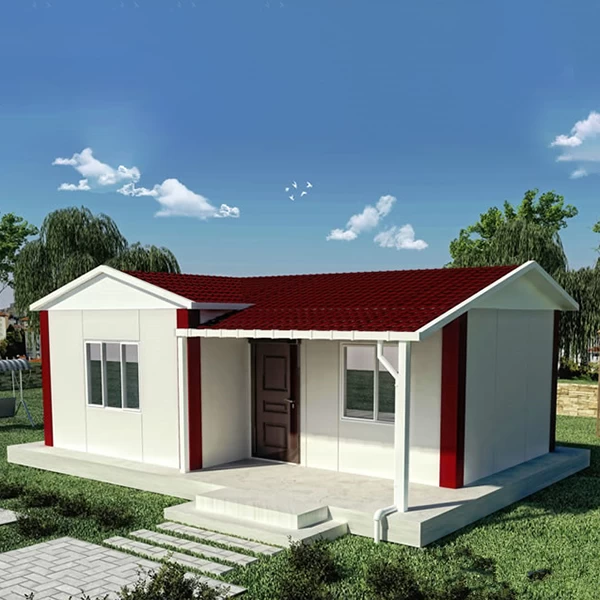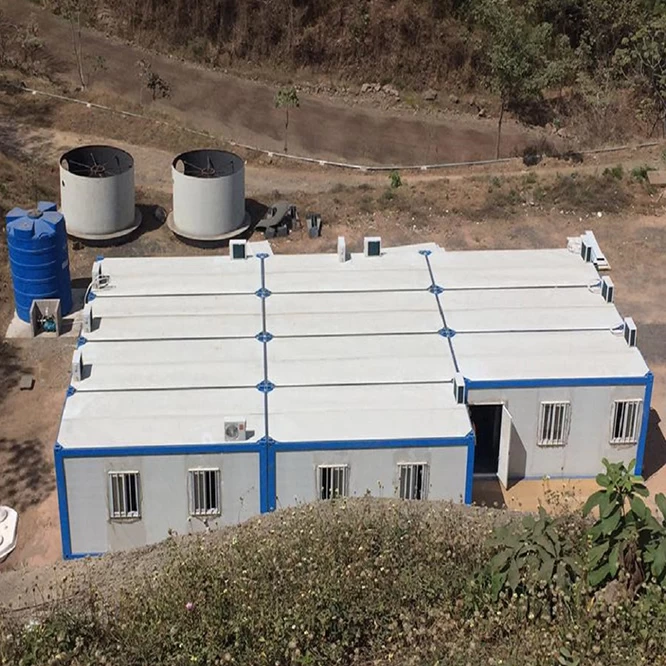PKM project in Pakistan to be completed soon
The Peshawar-Karachi Motorway (PKM project) Multan-Sukkur Section in Pakistan, initiated by China State Construction, is the largest transportation infrastructure project conducted under the framework of the China-Pakistan Economic Corridor.
At present, the project construction is in acceleration and the main portion of themotorway has been completed. The project team is speeding up the auxiliary works, such as housing construction and decoration, traffic safety facilities and markings. The overall project is expected to be completed ahead of schedule by June 2019.
The project team has optimized the overall design process and materials selection according to the local environment in Pakistan. Part of the project is located on the eastern bank of the Indus River and is therefore susceptible to flooding during monsoon season. Such sections have been built with dam-level subgrades of up to 16 m in height, to ensure that the motorway can withstand the floods.
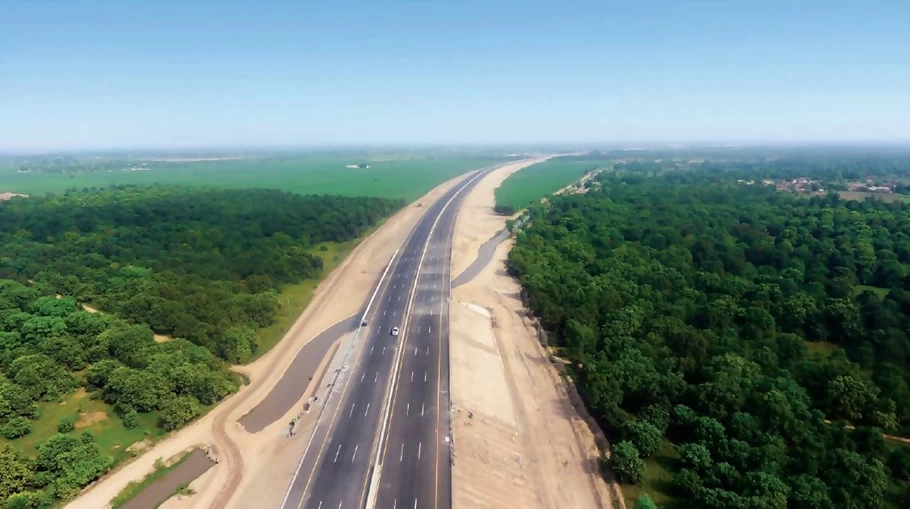
As areas along the project line have hot weather all year round, asphalt with a higher softening point has been specifically selected for the project to ensure road durability and driving safety. Local agriculture relies heavily on irrigation. The entire project is built with 920 pipe culverts with a total length of more than 40,000 m, so as to fully satisfy local demand for agricultural water.
During the construction, more than 23,000 local jobs have been created. Local farmers have been provided with skills training for modern professions.
Up to now, there are more than 2,300 construction management technicians and more than 4,500 equipment operators that have been trained. Ahmar, a 28-year-old human resources manager of the Seventh Division of the PKM project, said: "Most of the labor force in the nearby villages is working for the PKM project. They had no skills at the beginning. But under the guidance of the Chinese employees, they have now mastered a lot of practical techniques, including the operation of large-scale complex machinery. With the skills they learned from this project, they don’t need to worry about getting a job any more in the future.”
The earth, gravel, diesel, steel, cement and other materials used in the project construction were purchased locally. The borrow pits and quarries were also developed through local cooperation. More than 2,600 units of construction equipment have been leased locally. This has all have helped to drive the development of relevant local industries and recover the vitality of old villages along the line. The project has also actively participated in local construction 9 schools, 79.6 km of roads, 20 bridges, 54 wells and more than 300 water channels have been built for villages along the line.
Medical teams have been organized to provide free medical treatment for more than 3,900 persons and to distribute more than 3,200 boxes of medical supplies to the villages. After completion of the project, 392 km of construction access roads will also be handed over to the local government free of charge. Assad, a Pakistani employee of the project, said: "We have witnessed the earth-shaking changes brought by the project to the areas along the line. We believe that the completion of this motorway will bring more opportunities for development. It is a 'road to hope'."

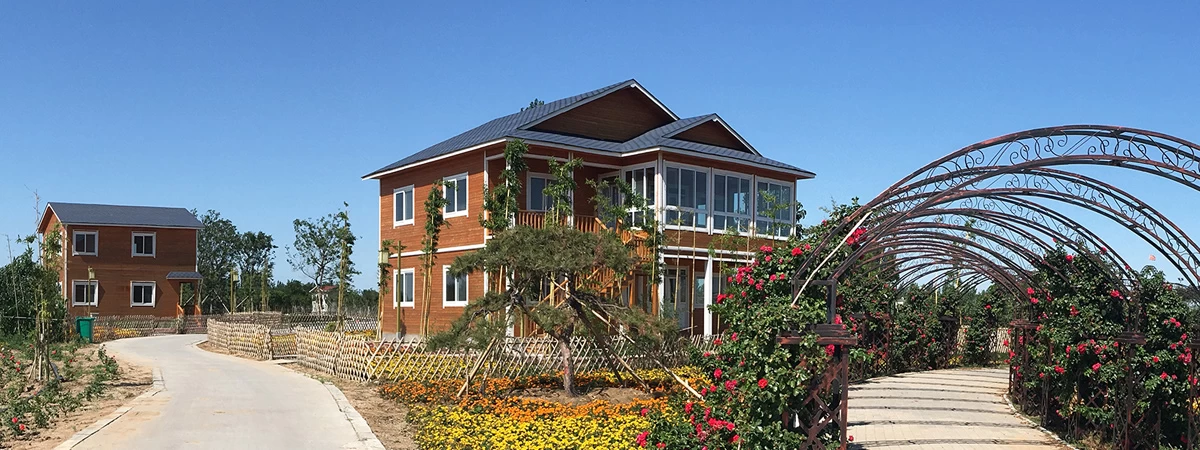
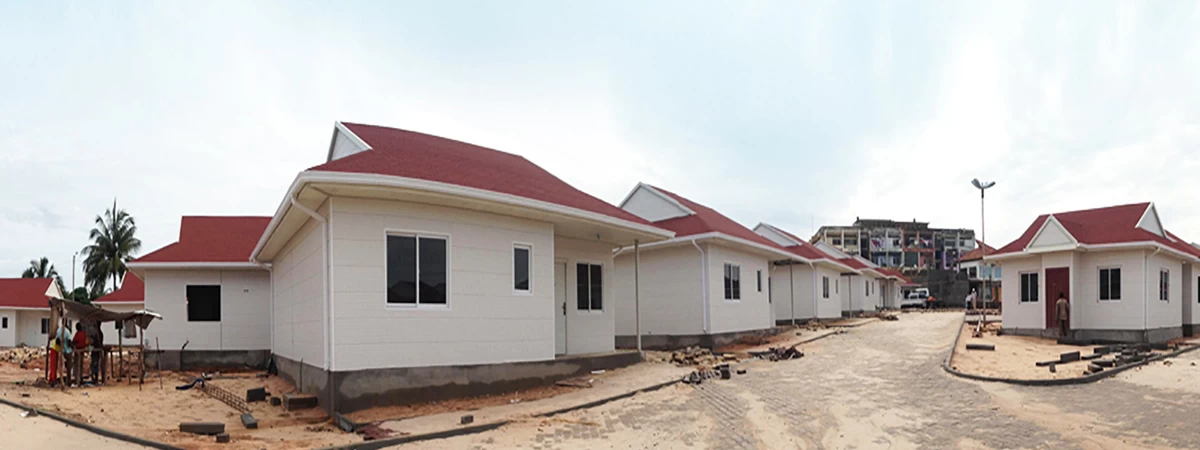
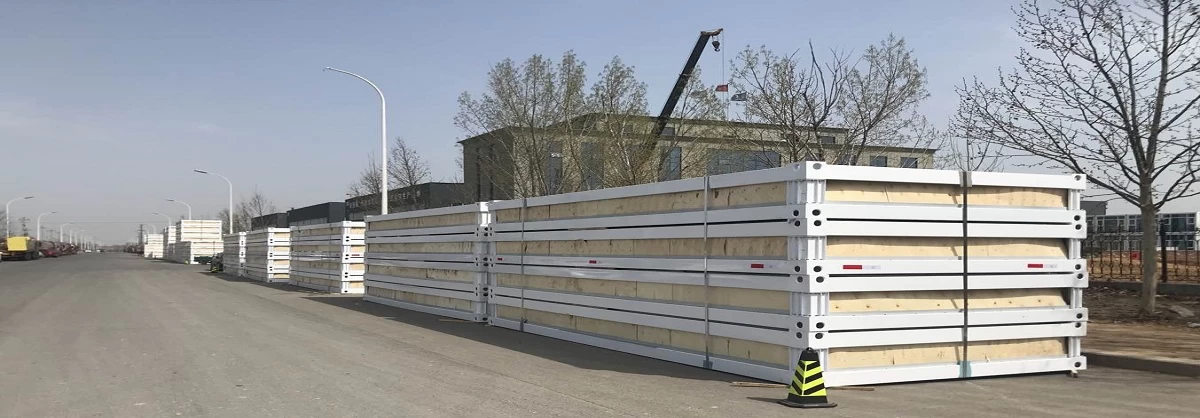
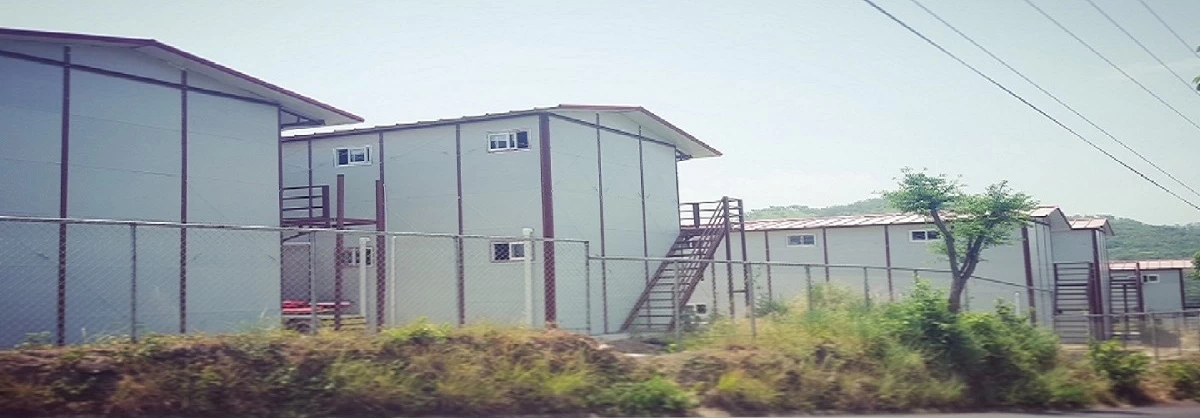


-Heya-Low-Price-Prefab-Villa-Prefabricated-Steel-Structure-Villa-Made-In-China.jpg.webp)
